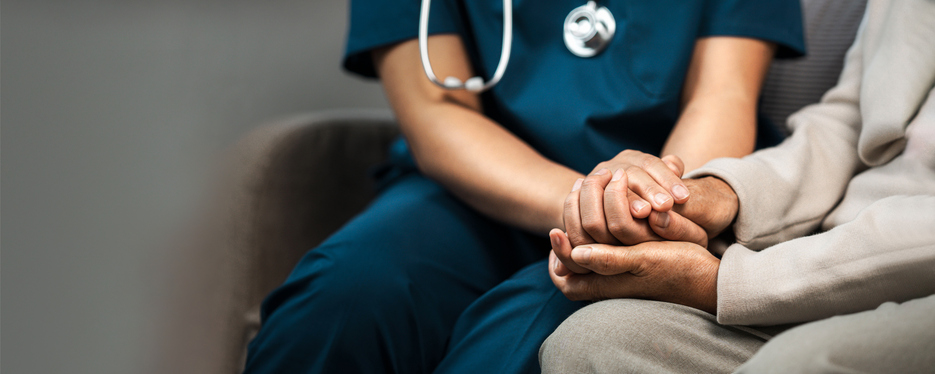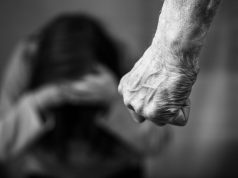
When families entrust a nursing home with the care of a loved one, they expect compassion, dignity, and professional oversight. Unfortunately, too many residents experience harm not from illness, but from the very institutions meant to protect them. While nursing home abuse and nursing home neglect are often discussed together, they carry distinct meanings — both morally and legally. Understanding the difference can make all the difference when pursuing justice for a vulnerable family member.
Defining Nursing Home Abuse
According to the Centers for Disease Control and Prevention (CDC), elder abuse is “an intentional act or failure to act that causes or creates a risk of harm to an older adult.” In the context of nursing homes, abuse is intentional harm inflicted by staff members, caregivers, or even other residents.
Common forms of abuse include:
- Physical abuse: Striking, shoving, or inappropriately restraining a resident.
- Emotional or psychological abuse: Intimidation, humiliation, or isolation that causes mental distress.
- Sexual abuse: Any non-consensual sexual contact or coercion.
- Financial exploitation: Unauthorized access to a resident’s funds, property, or benefits.
Abuse cases often leave behind visible or behavioral warning signs — bruises, withdrawal, sudden fear of staff, or unexplained financial activity. The key legal distinction is intent: the harm results from deliberate or knowingly harmful actions.
For additional context, the National Institute on Aging (NIA) offers a detailed guide on recognizing elder abuse and the proper steps to report it.
Understanding Nursing Home Neglect
Neglect, on the other hand, stems from failure rather than intent. It occurs when staff members do not provide the basic care necessary to ensure residents’ safety and wellbeing. The World Health Organization (WHO) defines neglect as “the failure of a caregiver to meet an older person’s basic needs.”
Neglect may include:
- Not assisting residents with bathing, feeding, or toileting.
- Allowing pressure ulcers (bedsores) to develop from immobility.
- Failing to monitor medication or hydration.
- Ignoring medical symptoms that require prompt care.
- Leaving residents unattended for long periods.
In many cases, neglect arises from understaffing, inadequate training, or poor facility oversight. It’s not always malicious — but it can still lead to catastrophic outcomes like malnutrition, infections, or preventable deaths.
The U.S. Department of Health and Human Services Office of Inspector General (OIG) has repeatedly cited chronic understaffing as a major risk factor for resident neglect, highlighting how stretched facilities often fail to meet minimum care standards.
Why the Distinction Matters in Legal Claims
From a legal standpoint, proving abuse versus neglect affects the evidence required, the burden of proof, and the potential damages available.
- Abuse cases may involve criminal charges in addition to civil lawsuits. Plaintiffs often rely on witness testimony, video footage, or patterns of prior complaints to demonstrate intent or willful harm.
- Neglect cases typically focus on violations of care standards, inspection reports, and facility records showing systemic failures.
Both types of cases fall under elder law and personal injury, and both can hold nursing homes, management companies, or staff members liable. However, attorneys must frame each case precisely — abuse requires proving intent, while neglect emphasizes breach of duty.
This distinction also impacts reporting obligations. Federal regulations under the Nursing Home Reform Act of 1987 require all facilities receiving Medicare or Medicaid funds to report suspected abuse or neglect immediately. Failure to do so can result in civil penalties or license revocation.
The Emotional and Financial Toll
For families, distinguishing between neglect and abuse may seem academic — but it’s crucial for achieving justice. Many loved ones suffer in silence, and by the time outward signs appear, harm is already extensive.
Beyond emotional pain, the financial costs of long-term care, medical treatment, and potential relocation can devastate families. Legal action can recover damages, but more importantly, it can expose dangerous practices and prevent others from being harmed.
Taking the Next Step
If you suspect your loved one has experienced mistreatment in a care facility, document everything: injuries, behavioral changes, photographs, and communication with staff. Report suspicions to Adult Protective Services or the state long-term care ombudsman, then seek qualified legal counsel experienced in elder abuse litigation.
Protecting our elders is not just a legal matter — it’s a moral obligation. The difference between neglect and abuse may be subtle in definition, but its impact is life-altering in reality.
For guidance on how to investigate or pursue a claim, contact our Savannah nursing home abuse attorney today to ensure your loved one’s rights are protected and their dignity restored.







